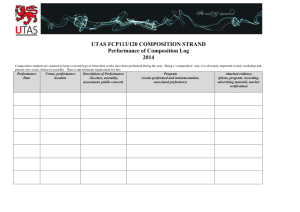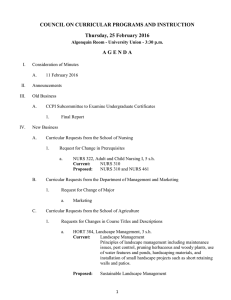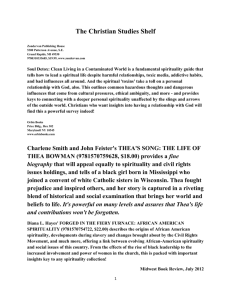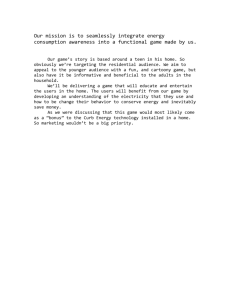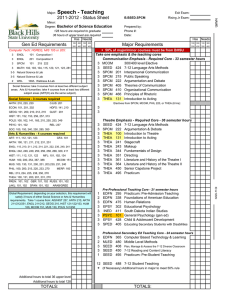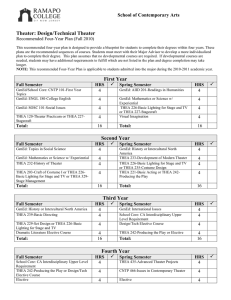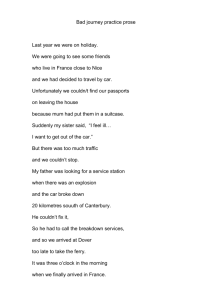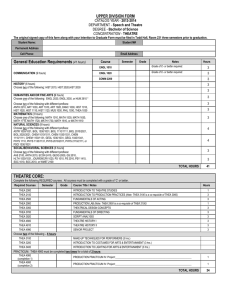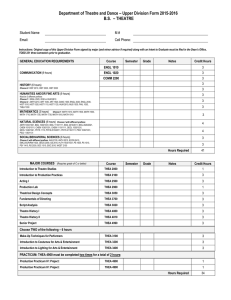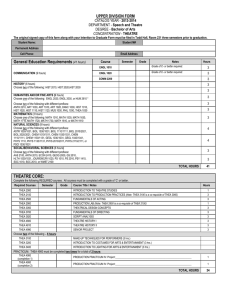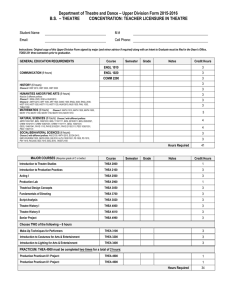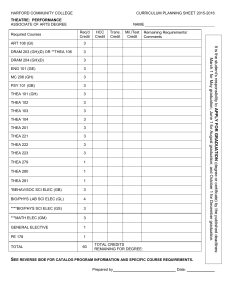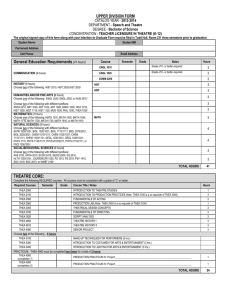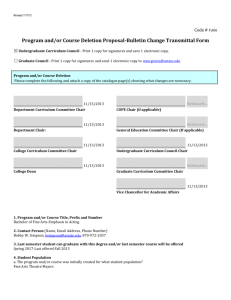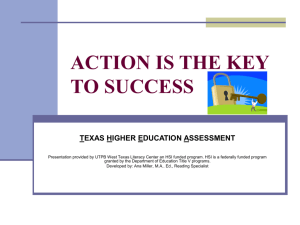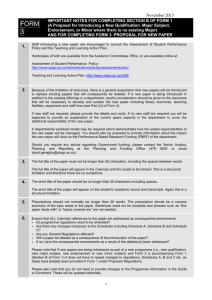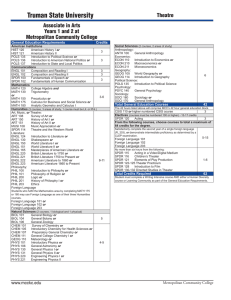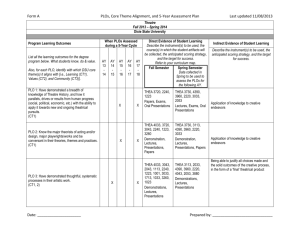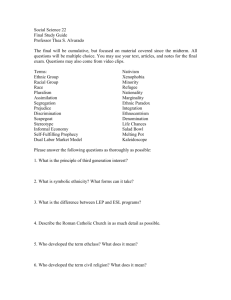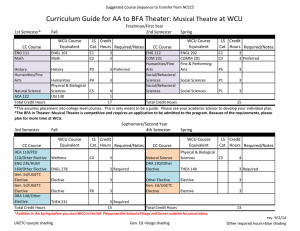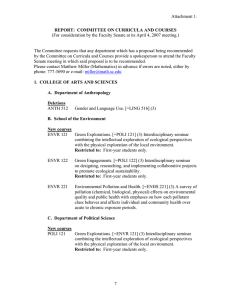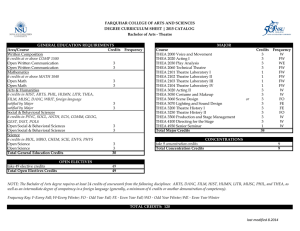Heinz chapter 8
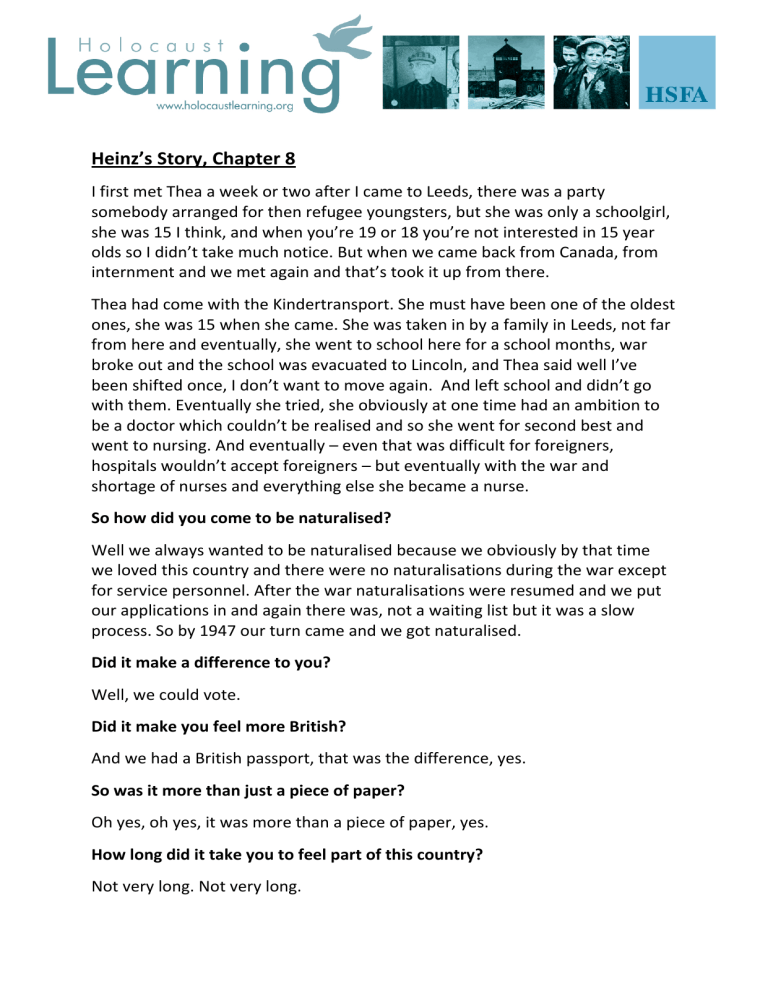
Heinz’s Story, Chapter 8
I first met Thea a week or two after I came to Leeds, there was a party somebody arranged for then refugee youngsters, but she was only a schoolgirl, she was 15 I think, and when you’re 19 or 18 you’re not interested in 15 year olds so I didn’t take much notice. But when we came back from Canada, from internment and we met again and that’s took it up from there.
Thea had come with the Kindertransport. She must have been one of the oldest ones, she was 15 when she came. She was taken in by a family in Leeds, not far from here and eventually, she went to school here for a school months, war broke out and the school was evacuated to Lincoln, and Thea said well I’ve been shifted once, I don’t want to move again. And left school and didn’t go with them. Eventually she tried, she obviously at one time had an ambition to be a doctor which couldn’t be realised and so she went for second best and went to nursing. And eventually – even that was difficult for foreigners, hospitals wouldn’t accept foreigners – but eventually with the war and shortage of nurses and everything else she became a nurse.
So how did you come to be naturalised?
Well we always wanted to be naturalised because we obviously by that time we loved this country and there were no naturalisations during the war except for service personnel. After the war naturalisations were resumed and we put our applications in and again there was, not a waiting list but it was a slow process. So by 1947 our turn came and we got naturalised.
Did it make a difference to you?
Well, we could vote.
Did it make you feel more British?
And we had a British passport, that was the difference, yes.
So was it more than just a piece of paper?
Oh yes, oh yes, it was more than a piece of paper, yes.
How long did it take you to feel part of this country?
Not very long. Not very long.
What about for Thea?
Thea was part of this country but she somehow never felt settled here, or anywhere. She always said, “I don’t belong anywhere, I don’t know where I belong”. This I think is partly because her parents had not managed to come out and that was at a time when she had no idea what was happening, there was no communication, there were Red Cross letters allowed, 25 words once every 3 months or something and they took months and months to come. You obviously, 25 words, and obviously they were censored, you couldn’t say anything except you knew people were alive, that’s all you knew. So there was no communication.
How did it feel when you actually went back to Germany?
The first time very very strange, very strange, very reluctant to go back. But eventually we realised, and then later on we came back quite a lot because we started doing family research and in those days genealogy, family research was legwork, you had to actually go to the places, the registry offices and archives and cemeteries. Nowadays it’s all on the internet, it’s easy nowadays. So we had to go back and do that research so by then we had met quite a few
Germans of the younger generation who were entirely different. In fact they came to us and said, “Tell us what happened because our parents won’t tell us”. They couldn’t ask their parents, or they could ask but they wouldn't get information from their parents about the Nazi period. Obviously they were feeling guilty. But the kids wanted to know.
Why do you think it’s important that speakers still go out to schools in this country now?
Well it is important because of what happened in the Holocaust, everybody thought the Holocaust was unique which it was at the time, although it wasn’t the first, and everybody said “never again”, but it’s still happening. I mean we have still got ethnic cleansing, and that’s why it’s important that British youngsters know about what happened with a view that it hopefully will not happen here or again.
